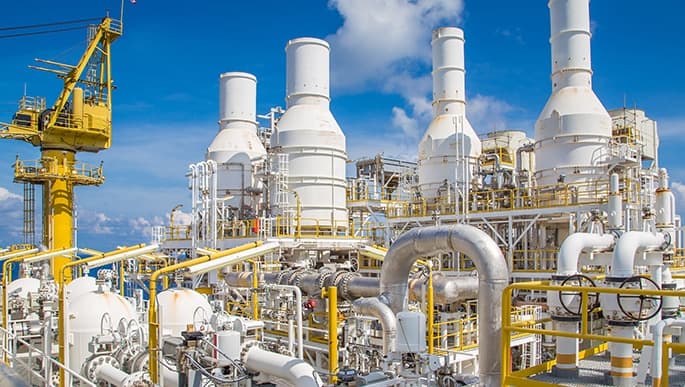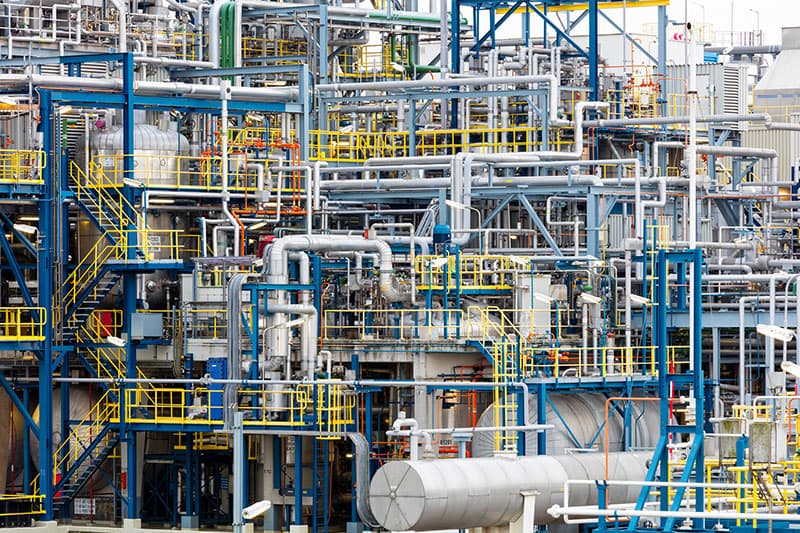What is Foreign Material?
To put it in a simply, Foreign Material is any material that does not belong. For this discussion, we are going to focus on industrial lubricants and service contractors.
Common Foreign Materials in this category can include anything from:
- Particulates
- Comingled lubricants
- Lint / fibers
- Moisture
Where does foreign material come from?
Foreign Material can come from many locations including but not limited to:
- Dust, dirt, airborne particles while a system is open
- Rice Paper (Weld Purge Paper)
- Rags, Oil Pads
- Improper draining and storage of equipment and fittings.
- Welding, grinding activities
How do you protect yourself?
As with any service, the work performed is only as good as the contractor you use. What does that mean?
- Does your contractor understand Foreign Material Exclusion?
- Do they use proper techniques to drain equipment and hoses going from one site to another?
- How does the contractor maintain their equipment? Is it in good working order and presentable.
- Are the materials they bring in good condition? Are they carbon-steel or stainless? If carbon, are they rust free?
- How are the contractors transporting their hoses? Are they blinded and drained?
- Does the contractor perform a final inspection when performing reservoir cleaning to verify all material are removed? In extreme cases, do they inventory items in and out of reservoir?
What can you do?
First and foremost, ask questions.
- What precautions does your company take for Foreign Material Exclusion?
- What type of product was in your system last?
- Will you need 100 gallons (example) to purge out your hoses and equipment?
Secondly, do not hesitate to inspect equipment upon arrival. Make sure the contractor understands FME is a priority to your site and include in the plan.
At RIG, we pride ourselves in being solutions providers. Using proper FME techniques is one way we ensure we bring our technical expertise to our clients. Always verify proper FME processes are followed and you can save both time and money when executing lubrication related services.
For more information on how RIG can help with your lubrication services please call 800-770-4510.




